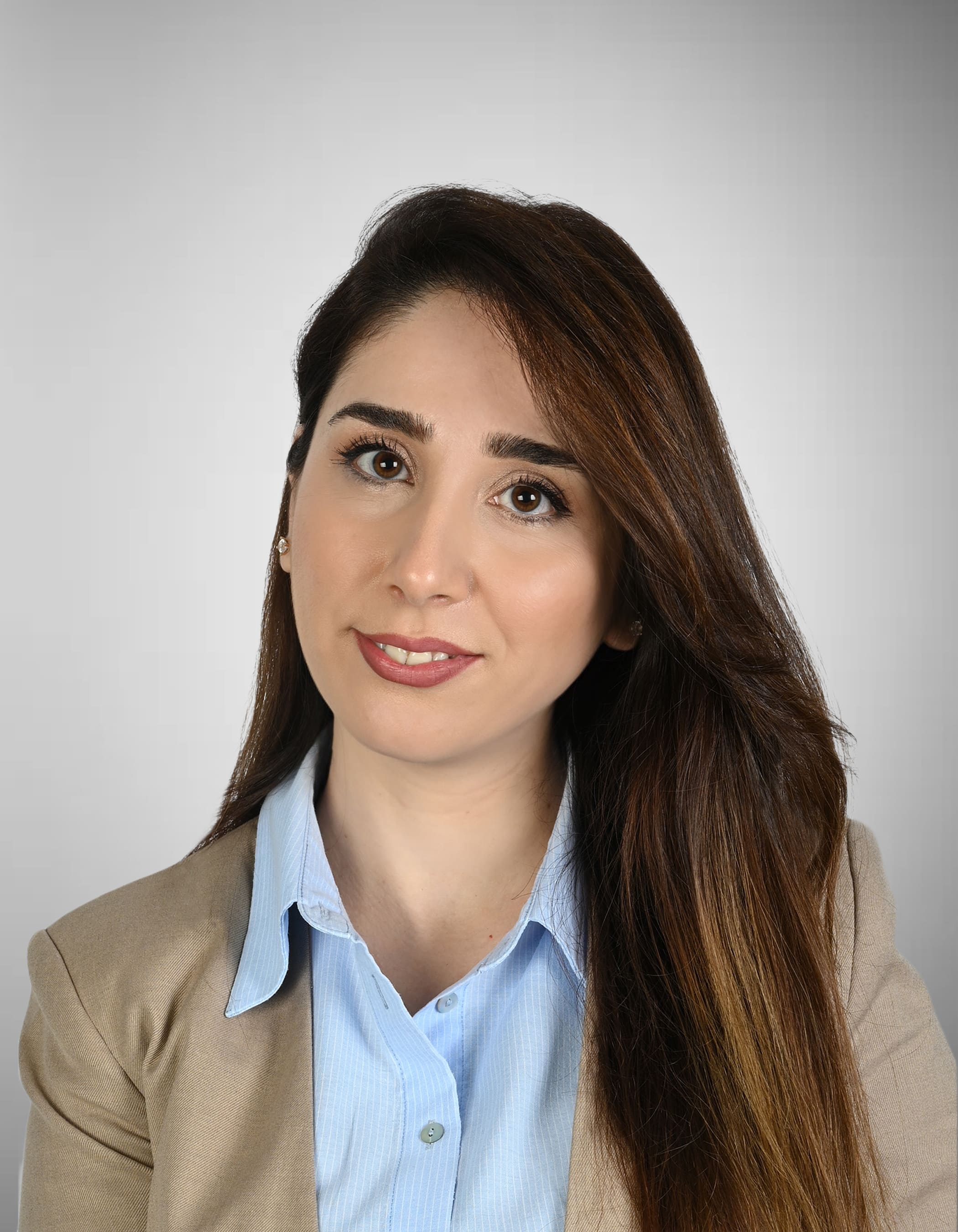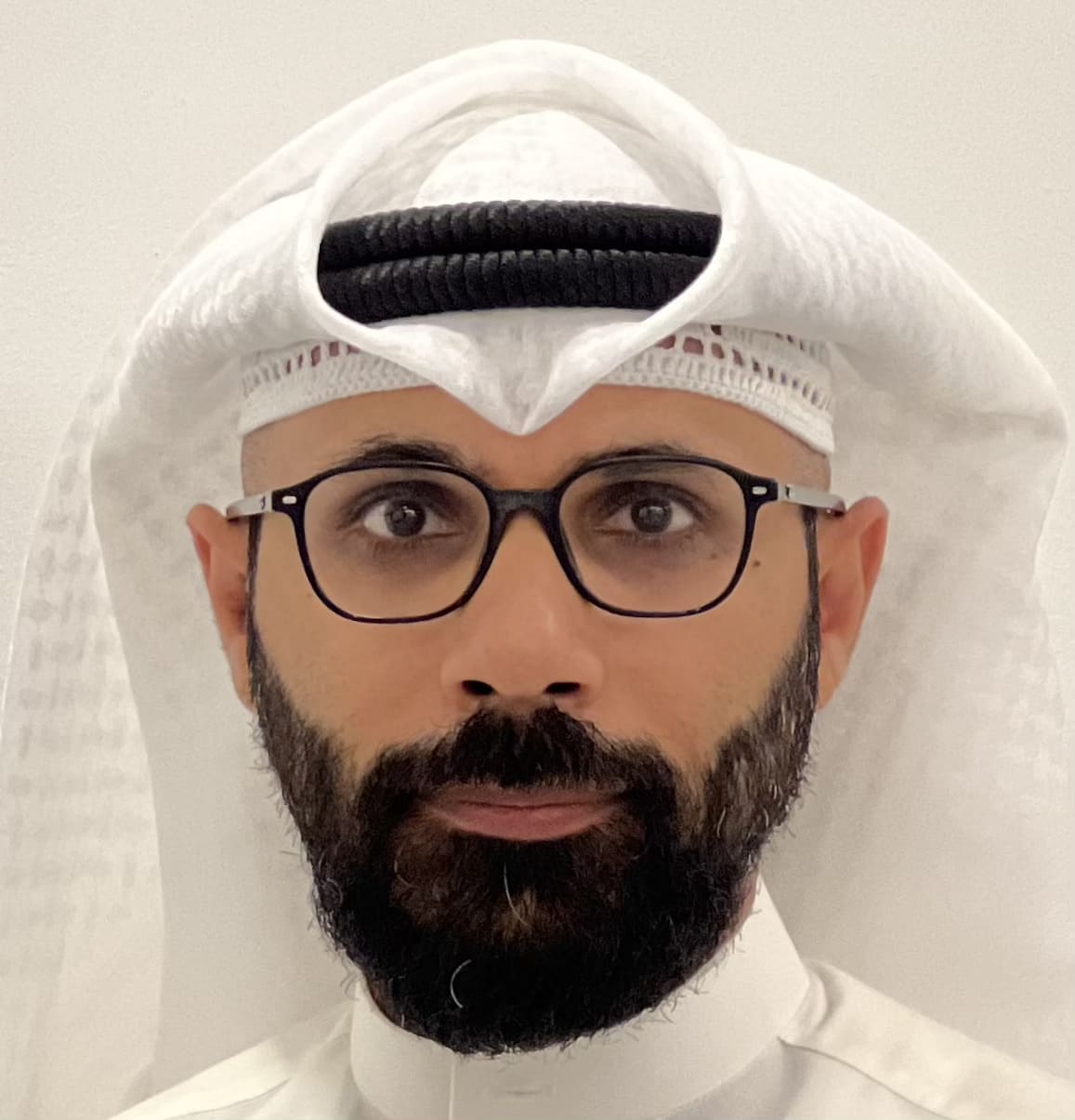GCC States and Non-Arab Regional Middle Powers: Opportunities and Challenges Amidst Shifting Regional Balances
As a highly penetrated sub-regional system, the Gulf region has been informed by the dynamics of the intra-regional rivalry and cooperation, as well as the patterns of involvement by the non-Arab regional powers, namely Turkey, Iran, and Israel. The Gulf Cooperation Council (GCC) states have varying views on these non-Arab regional powers, with each state shaping its approach based on its own priorities and divergent agendas. For instance, wi ...
Abstract
As a highly penetrated sub-regional system, the Gulf region has been informed by the dynamics of the intra-regional rivalry and cooperation, as well as the patterns of involvement by the non-Arab regional powers, namely Turkey, Iran, and Israel. The Gulf Cooperation Council (GCC) states have varying views on these non-Arab regional powers, with each state shaping its approach based on its own priorities and divergent agendas. For instance, within the GCC states, there are those who had normalized relations with Israel through the Abraham Accords signed in September 2020, while others have rejected such normalisation. Conversely, GCC countries adopt varying approaches toward Turkey and Iran, with either positive or neutral relations. These differing stances significantly shape the policies adopted by each GCC member as they navigate the regional challenges.Through adopting a combination of case study and interdisciplinary approaches, the workshop aims to focus on the roles of non-Arab middle powers in shaping the Middle East’s geopolitical landscape. We seek to analyze the evolving relationships of the GCC states with non-Arab regional powers, and to develop interpretation of new knowledge on how the major issues on the domestic, regional and global levels have shaped their relationships today. Topics of discussion will include recent developments in the region such as the aforementioned Abraham Accords, the change in the Iranian leadership after the recent presidential elections, GCC’s reconciliation with Turkey, Saudi-Iranian Rapprochement, and the ongoing war in Gaza since October 2023 and its implications for Turkish-GCC, Iranian-GCC relations, and Israeli-GCC relations. Beside the transformation of regional and global politics in the last two decades, the workshop will also focus on how the younger generation of rulers who accessed power in the GCC states have been conducting relations with non-Arab regional powers. The perceptions and approaches of these rulers are key to understanding the dynamics of GCC states’ foreign policy making toward non-Arab regional powers. Given the importance and relevance of the topic, the workshop aims to explore how GCC states can develop strategies to address shared challenges in the region through their relationships with non-Arab regional powers.
Description and Rationale
As a highly penetrated sub-regional system, the Gulf region has been informed by the dynamics of the intra-regional rivalry and cooperation, as well as the patterns of involvement by the non-Arab regional powers, namely Turkey, Iran, and Israel. The Gulf Cooperation Council (GCC) states have varying views on these non-Arab regional powers, with each state shaping its approach based on its own priorities and divergent agendas. For instance, within the GCC states, there are those who had normalized relations with Israel through the Abraham Accords signed in September 2020, while others have rejected such normalisation. Conversely, GCC countries adopt varying approaches toward Turkey and Iran, with either positive or neutral relations. These differing stances significantly shape the policies adopted by each GCC member as they navigate the regional challenges.
Through adopting a combination of case study and interdisciplinary approaches, the workshop aims to focus on the roles of non-Arab middle powers in shaping the Middle East’s geopolitical landscape. We seek to analyze the evolving relationships of the GCC states with non-Arab regional powers, and to develop interpretation of new knowledge on how the major issues on the domestic, regional and global levels have shaped their relationships today. Topics of discussion will include recent developments in the region such as the aforementioned Abraham Accords, the change in the Iranian leadership after the recent presidential elections, GCC’s reconciliation with Turkey, Saudi-Iranian Rapprochement, and the ongoing war in Gaza since October 2023 and its implications for Turkish-GCC, Iranian-GCC relations, and Israeli-GCC relations. Beside the transformation of regional and global politics in the last two decades, the workshop will also focus on how the younger generation of rulers who accessed power in the GCC states have been conducting relations with non-Arab regional powers. The perceptions and approaches of these rulers are key to understanding the dynamics of GCC states’ foreign policy making toward non-Arab regional powers. Given the importance and relevance of the topic, the workshop aims to explore how GCC states can develop strategies to address shared challenges in the region through their relationships with non-Arab regional powers.








